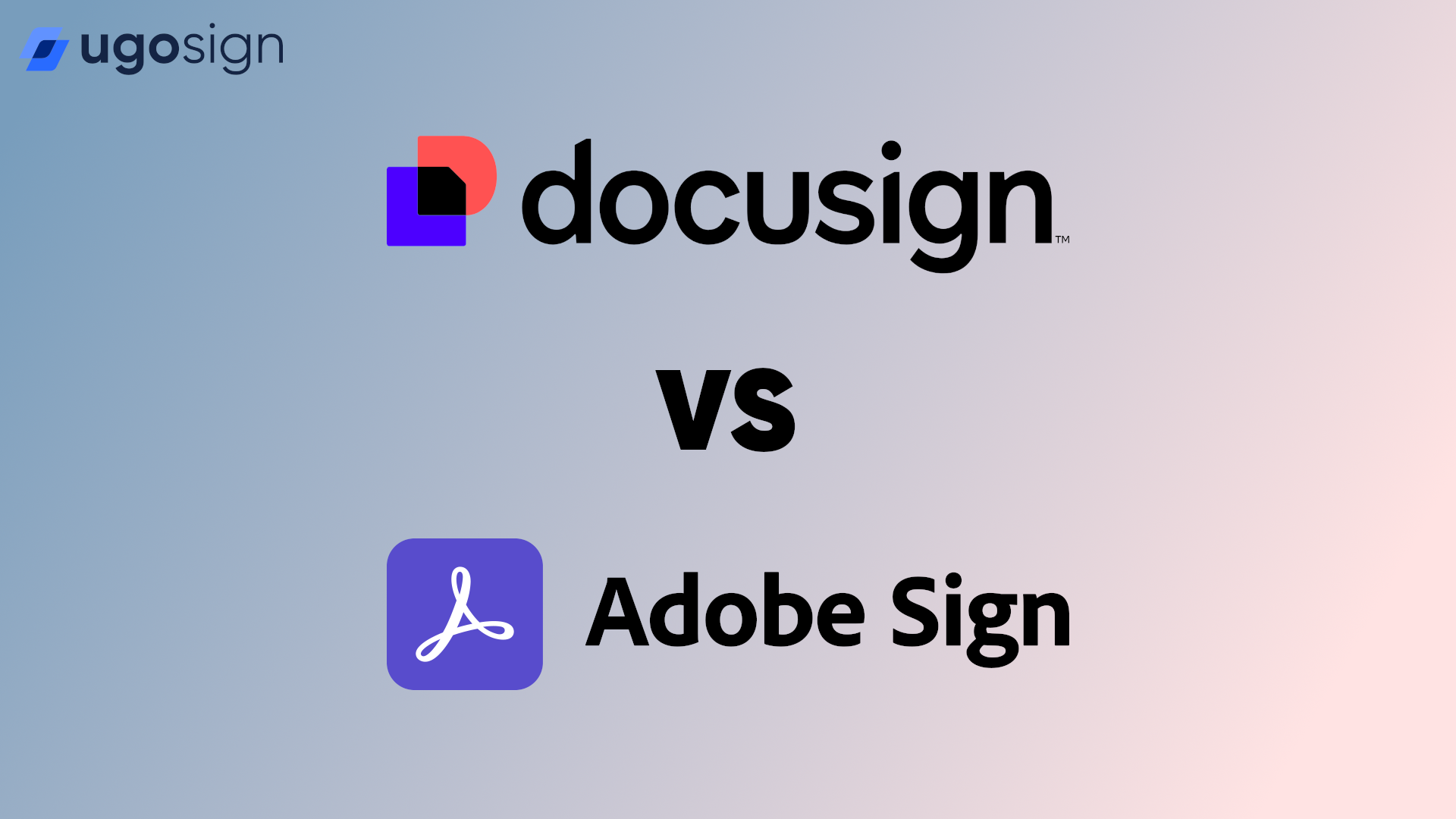Electronic signatures have become an essential tool for many companies wishing to secure their online documents. However, there are several levels of signature, each adapted to specific needs. In this article, we'll explore why the simple signature is suitable for the majority of common uses, and what costs and constraints are associated with the advanced and qualified levels.
Simple
The simple electronic signature is the basic level of digital signature. It consists of a simple marking of the intention to sign, such as a click to validate or a checkbox, enabling the identity of the signatory to be linked to the document.
This type of signature is particularly well-suited to the majority of everyday transactions: it's fast, easy to set up and cost-effective, while meeting companies' need for agility. The use cases for the simple signature are numerous and often sufficient, particularly for internal agreements or documents that are not very sensitive, where a basic verification of identity is more than sufficient.
Good to know: If your agreement requires a handwritten signature, the simple level is generally sufficient. In fact, this first level of electronic signature has the same legal value as a hand-signed paper document.
- Typical use: internal agreements, validation of less sensitive documents.
- Advantages: simplicity, speed and low cost.
- Limitation: limited level of identity verification, but often sufficient for simple transactions.
Advanced
Ugosign also offers the Advanced Electronic Signature (AES), designed to offer a higher level of security by verifying the identity of the signatory in depth through additional verification, including the sending of an SMS code. This signature complies with European Union (EU) standards and the eIDAS regulation, although it requires a specific technical infrastructure and may entail additional costs for companies.
AES is particularly well suited to commercial contracts or documents requiring enhanced traceability. However, for simpler requirements, a simple level of signature can often suffice.
- Typical use: commercial contracts, HR documents requiring enhanced traceability
- Advantage: enhanced security and identity verification.
- Limitation: higher infrastructure and costs, often unnecessary for simple needs
Qualified
The qualified electronic signature is the most advanced level, and is equivalent to a handwritten signature in terms of legal value in the EU. It requires strict verification of identity by a qualified certificate issued by a trusted service provider (TSP). Although ideal for transactions with high legal stakes, such as notarial deeds or large-scale contracts, this type of signature is complex and costly to implement.
This level of signature is rarely required for day-to-day business transactions. The complex process and associated costs make qualified signatures unsuitable for simple transactions, where simple electronic signatures already meet security and compliance needs.
- Typical use: notarial deeds, official documents requiring maximum certification.
- Advantage: maximum security and compliance.
- Limitation: complex process and high costs, rarely justified for standard transactions.
Why choose Ugosign for your electronic signature?
At Ugosign, we've designed our solution with an emphasis on simple electronic signatures, to offer businesses optimum flexibility and speed, while keeping costs down. Although our solution is primarily based on simple signing, we also offer advanced signing for cases requiring more advanced identity verification, including options such as sending SMS codes to reinforce security.
Our intuitive interface, combined with our commitment to compliance, makes Ugosign the ideal choice for securing your online transactions without the superfluous complexities of higher-level signatures.
Comparison of the three electronic signature levels
| Signature level | Usage | Advantage | Limit |
|---|---|---|---|
| Simple | Internal agreements, less sensitive documents | Fast, simple, low cost | Limited identity verification |
| Advanced | Commercial contracts, HR documents | Enhanced security, traceability | High cost and technical infrastructure |
| Qualified | Notarial deeds, official documents | Maximum compliance and security | Very high complexity and cost |




